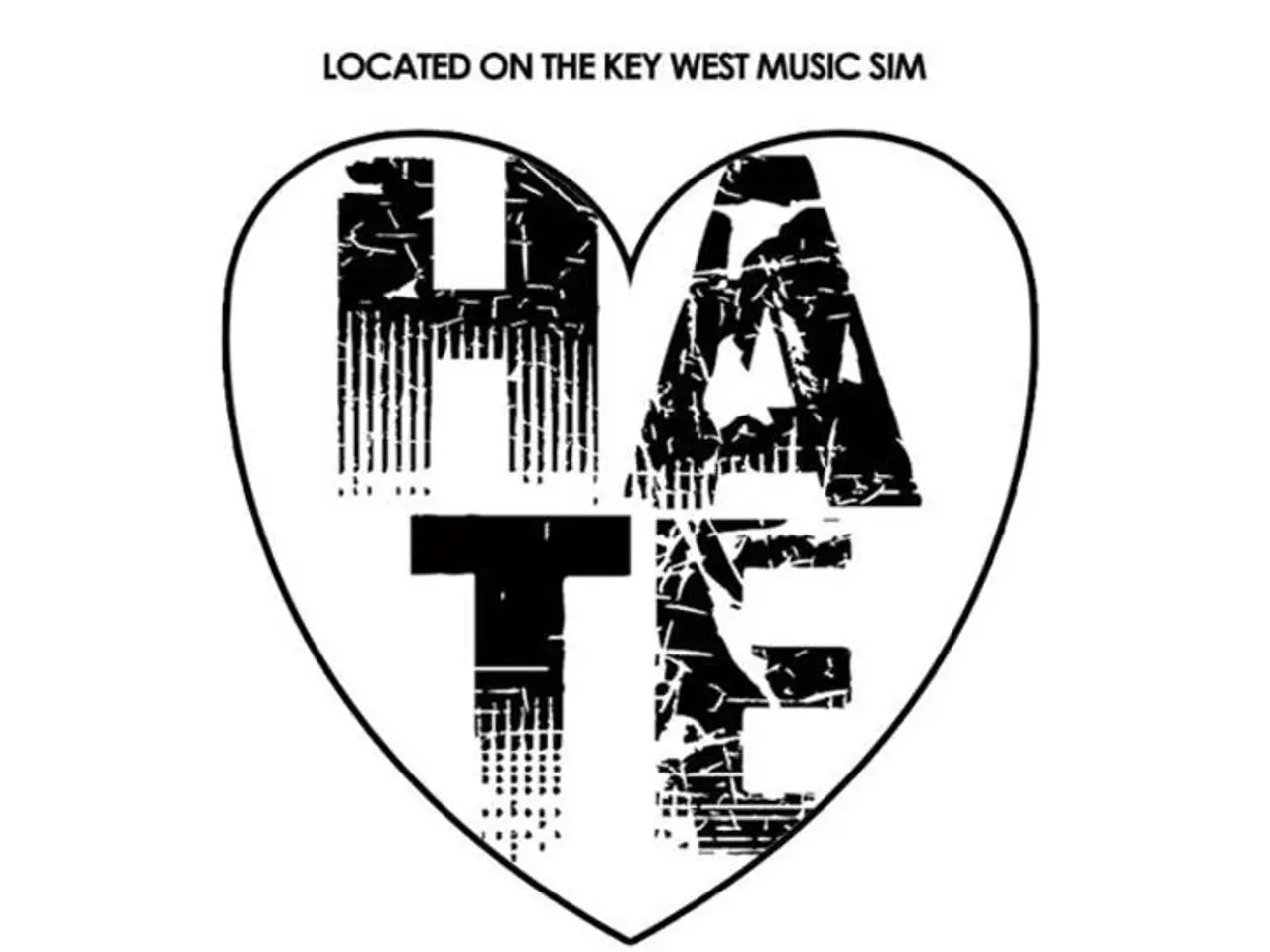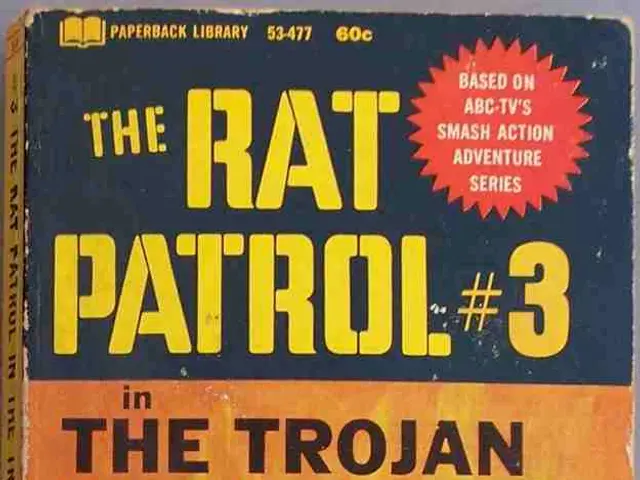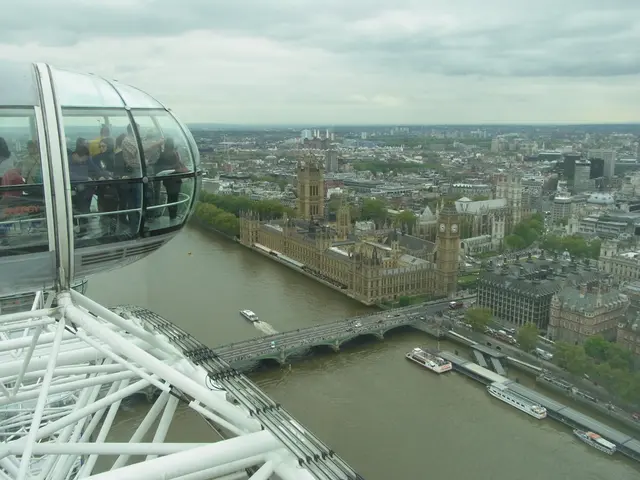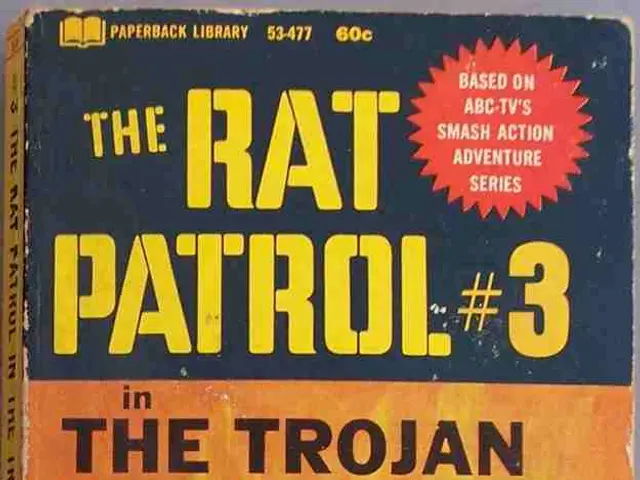Antifa Designated as Terrorist Organization by Trump: Implications and Aftermath
In a recent development, President Donald Trump has declared the Antifa movement a 'terrorist organization.' This declaration comes after the tragic shooting of right-wing activist Charlie Kirk on September 10 at the University of Utah.
The White House is preparing an executive order aimed at combating political violence and hate speech. The order also seeks to investigate the funding sources of radical groups, including Antifa, and designate financial structures linked to radical violence as terrorist organizations.
The main suspect in Kirk's shooting, 22-year-old Tyler Robinson, is a former student and presidential scholar. The FBI tracked Robinson's trail through electronic communications and devices. Utah prosecutors have charged Robinson for the shooting.
Vice President Mike Pence has stated that Kirk's killing was a result of increasing left-wing radicalization. However, investigators suspect that Kirk's stance on gender identity issues might have been the motive for the shooting, but no direct links to organized groups have been established. Robinson lived with a transgender individual who is cooperating with authorities.
The declaration of Antifa as a terrorist organization is not a new proposal. In 2020, President Trump proposed similar measures following mass protests in the U.S. after the death of George Floyd. However, the effort had not been fully implemented earlier due to the decentralized, loosely organized nature of Antifa without clear leadership structures, complicating official classification and enforcement.
Critics warn that such steps could jeopardize freedom of speech and assembly. Some argue that President Trump is using the tragedy as a political tool to pressure his opponents. At that time, lawyers argued that such a decision lacked sufficient legal basis and was practically unfeasible.
Antifa, known for its left-wing extremism, lacks a clear structure or centralized leadership, functioning more as an ideological movement. This decentralization makes it challenging for official bodies to classify and enforce actions against it.
The administration's opponents have criticized the new policy, with concerns about its potential impact on civil liberties and the possibility of misuse for political purposes. The controversy surrounding the declaration of Antifa as a terrorist organization continues to unfold.
Read also:
- United States tariffs pose a threat to India, necessitating the recruitment of adept negotiators or strategists, similar to those who had influenced Trump's decisions.
- Weekly happenings in the German Federal Parliament (Bundestag)
- Southwest region's most popular posts, accompanied by an inquiry:
- Discussion between Putin and Trump in Alaska could potentially overshadow Ukraine's concerns








